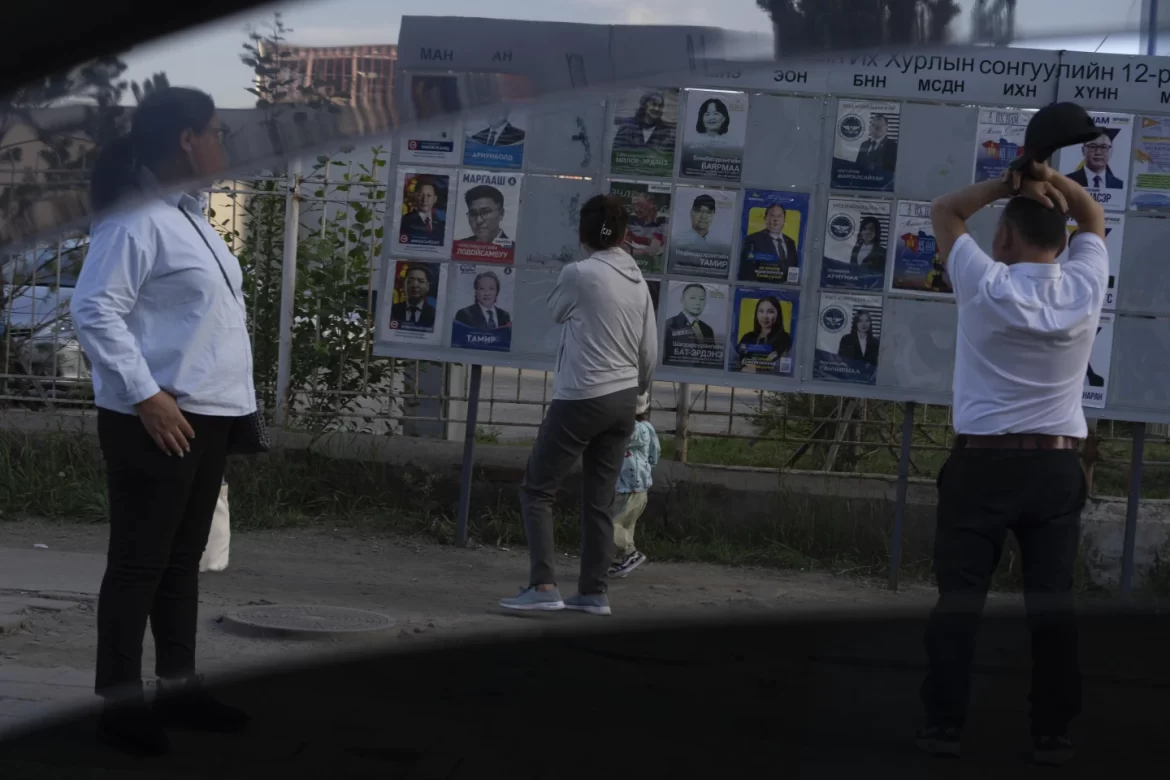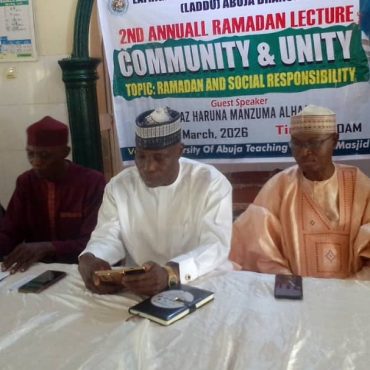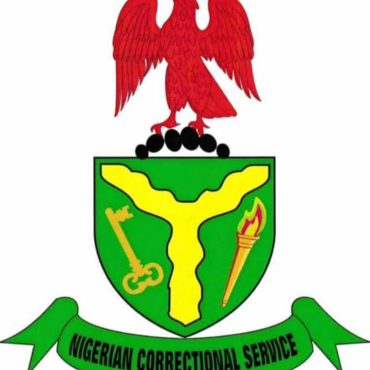Listeners:
Top listeners:
-
 play_arrow
play_arrow
Kapital FM 92.9 The Station that Rocks!

Iranians are voting for a new president following the death of Ebrahim Raisi in a helicopter crash, choosing from a tightly controlled group of four candidates loyal to the supreme leader at a time of growing public frustration.
Polls opened at 8am (04:30 GMT) on Friday and are scheduled to close at 6pm (14:30 GMT), but the time can be extended until midnight.
The snap election coincides with escalating regional tensions due to the current war between Israel and Iranian ally Hamas in Gaza and Hezbollah in Lebanon, as well as increased Western pressure on Iran over its nuclear programme.
While the election is unlikely to bring a major shift in the Islamic republic’s policies, its outcome could influence the succession to Ayatollah Ali Khamenei, Iran’s 85-year-old supreme leader, in power since 1989.
Khamenei called for a high turnout to offset a legitimacy crisis fuelled by public discontent over economic hardship and curbs on political and social freedom.
“The durability, strength, dignity and reputation of the Islamic republic depend on the presence of people,” Khamenei told state television after casting his vote. “High turnout is a definite necessity.”
Voter turnout has plunged over the past four years, as a mostly youthful population chafes at political and social curbs.
Manual counting of ballots means the final result is expected to be announced only in two days, though initial figures may come out sooner.
If no candidate wins at least 50 percent plus one vote from all ballots cast, including blank votes, a run-off between the top two candidates is to be held on the first Friday after the election result is declared.
Three candidates are hardliners and one is a low-profile comparative moderate, backed by the reformist faction that has largely been sidelined in Iran in recent years.
The next president is not expected to usher in any big policy change on the country’s nuclear programme or support for militia groups across the Middle East, since Khamenei calls all the shots on top state matters.
However, the president runs the government day-to-day and can influence the tone of Iran’s foreign and domestic policy.
Written by: Kevin Nwabueze
Iran’s Snap Voting Under Way In
Similar posts
Recent Video
Recent Posts
- NSCDC Boss Condoles Family Of Personnel Who Died During Simulation Exercise
- Ramadan : Cleric Tasks Muslims On Peaceful Coexistence
- Ohiri’s Documentation Not Forged Or Manipulated – NCoS
- Reps Advance Bill To Establish Fintech Regulatory Commission
- Iran Confirms Death Of Khamenei In US-Israeli Attack.
Copyright Kapital FM 92.9 Abuja - The Station that Rocks!





Post comments (0)